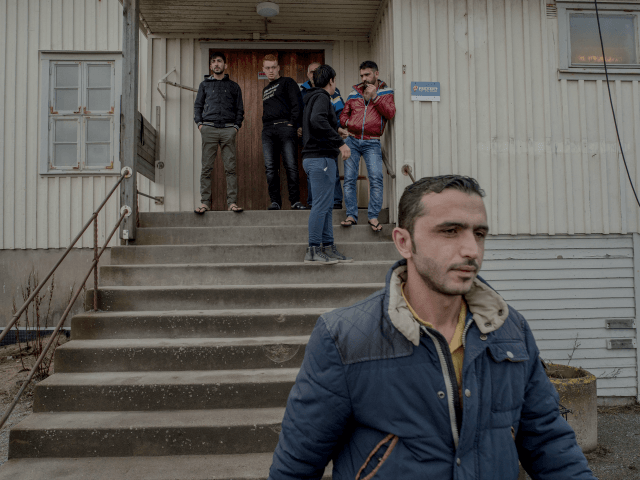Only seven per cent of newly arrived asylum seekers in Sweden intend to return to their homeland, even if the situations in their homelands are significantly improved, a new report has found.
Despite the fact these migrants claim to be fleeing war, researchers who surveyed asylum seekers across 18 centres found that the majority intend to stay in Sweden. Large numbers, however, claim aspects of the reception provided are making them “stressed”, such as the food and “insufficient cash payouts” provided by taxpayers.
1,691 migrants who recently arrived in Sweden were surveyed by the newspaper Expressen in its “asylum report” for 2016.
Despite the insistence of both politicians and officials in Europe that the people arriving on the continent, with its long-fought-for welfare systems, are desperately fleeing immediate danger, the survey found 84 per cent of “refugees” chose Sweden because they hope to make the country their long-term home.
Asked if the circumstances in their homelands were much improved could they envisage leaving Sweden, the number varied from country of origin, but it was made clear that the majority wanted to remain in Sweden.
Of Iranians, 13 per cent said they would return, compared to 11 per cent of Syrians, four per cent 0f Afghans, four per cent of Iraqis, four per cent of Eritreans, and an astonishing zero per cent of Somalis.
Of this number, asked what most commonly causes stress and discontent, 55 per cent said they were “stressed” by a long wait in news over whether or not they will receive residence.
Thirty-seven per cent, however, said: “the money I receive in compensation from the Swedish migration board is not enough”, while 34 per cent said they are dissatisfied with food, and 20 per cent were annoyed at the “lack of activities” provided nearby.
Psychotherapist Peter Hagman said he fears a sense of “hopelessness and fatigue” has been created by a tightening in asylum laws made last year, in Sweden.
Despite the report showing that war plays only a minor part in refugees’ launch to stay in Sweden, Fredrik Saboonchi said: “Many people hail from countries and communities that have been destroyed totally. We see on the news every day that there are now cities which do not exist.”
More than half of the 1,691 adult migrants who were interviewed reported that they were “stressed” at being told they could not stay in Sweden.
Despite there being disproportionate attention on Western asylum-givers deporting failed asylum seekers, the United Nations High Commissioner for Refugees (UNHCR) is happy for Pakistan to deport literally millions of Afghans, the UN agency asserts that after August 2017, “action will be taken against those living illegally in the country”.

COMMENTS
Please let us know if you're having issues with commenting.